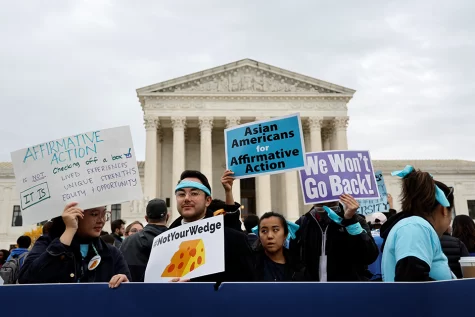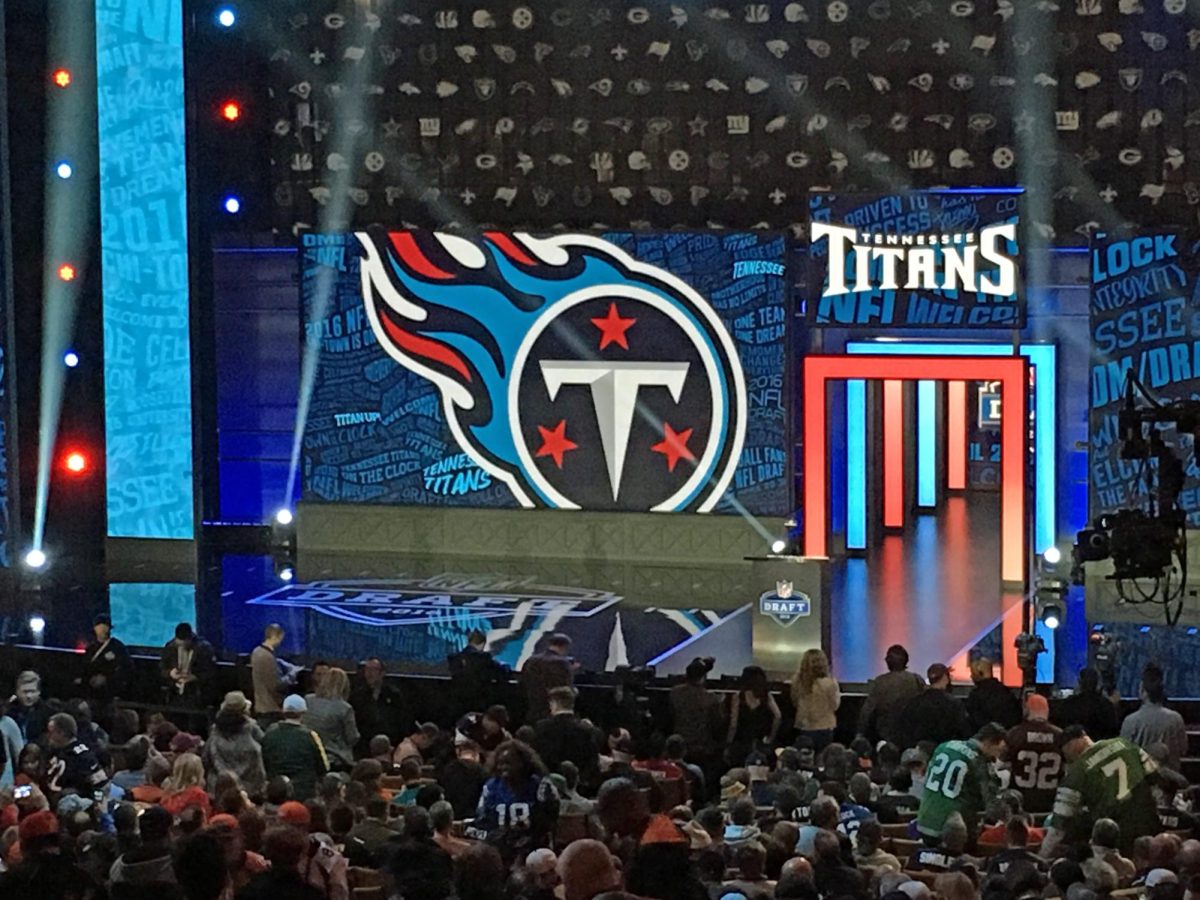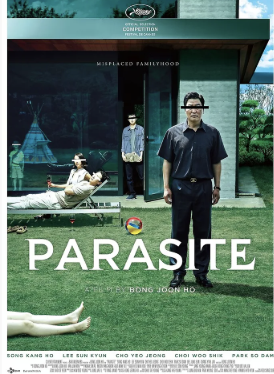Current Events Forum Tears Down Affirmative Action
November 15, 2022

On October 31, the U.S. Supreme Court heard oral arguments in a case that could effectively end the use of affirmative action in college admissions. The case, students for fair admissions, argues universities unfairly take race into account in their admissions process. If the Supreme Court rules in their favor, it would effectively put an end to affirmative action programs at colleges and universities across the country. Proponents of affirmative action argue that it is necessary to ensure diversity on college campuses and to remedy the historic disadvantage that minority groups have faced in education. However, opponents argue that affirmative action is a form of racial discrimination. The Supreme Court is expected to issue a ruling in the case by the end of June.
On November 5th, the Current Events Forum met to discuss the recent Supreme Court ruling on Affirmative Action. The discussion began with a general overview of Affirmative Action and its history. Members then shared their thoughts on the ruling and its implications for racial equality in America. Overall, the group agreed that the repeal of Affirmative Action was a step in the right direction, but that there is still much work to be done in terms of achieving true equality. The discussion ended with a brainstorming session on ways to further promote racial diversity in higher education.
Affirmative Action is a policy created in the 1960’s to level the playing field for minority groups who had been historically disadvantaged. The goal was to ensure that these groups had equal access to opportunities in education and employment. While Affirmative Action programs have evolved over the years, they typically involve giving preference to qualified candidates from minority groups in order to promote diversity. Supporters of Affirmative Action argue that it is necessary to counteract the effects of past discrimination and to create a more level playing field. Opponents of Affirmative Action argue that it is “reverse discrimination” and that it unfairly advantages some groups over others. The debate over Affirmative Action is likely to continue for many years to come.
Affirmative Action is a set of government policies and programs designed to promote equality of opportunity for all citizens. The most common form of Affirmative Action is the use of quotas, which set aside a certain number of jobs or places in educational institutions for members of disadvantaged groups. Other forms of Affirmative Action include preferences in hiring and promotion, as well as special programs to help members of under-represented groups achieve success in education and the workplace.
Affirmative Action programs have been controversial since they were first introduced. Critics argue that they are undemocratic and lead to reverse discrimination against members of majority groups. Supporters argue that they are necessary to redress past injustices and ensure that all citizens have an equal opportunity to participate fully in society. There is no easy answer to this debate, but there is no doubt that Affirmative Action programs have had a profound impact on American society.
There is no easy answer when it comes to the question of affirmative action. On the one hand, it has been an important tool in leveling the playing field for minority groups who have historically faced discrimination in the workforce and in education. On the other hand, there is a growing feeling among some people that Affirmative Action is no longer necessary, and that it actually does more harm than good. At its heart, Affirmative Action is a form of preferential treatment based on race or ethnicity. This can lead to tension and resentment amongst those who feel they have been passed over for a job or spot in a school simply because of their racial, ethnic or cultural background. There are also those who believe that Affirmative Action results in “reverse discrimination”, with qualified candidates being passed over in favor of less qualified candidates from underrepresented groups. There is no easy solution to this debate. However, it is clear that both sides have valid points that deserve to be heard. Affirmative Action is a complex and sensitive issue, and it is one that will continue to be hotly debated in the years to come.























